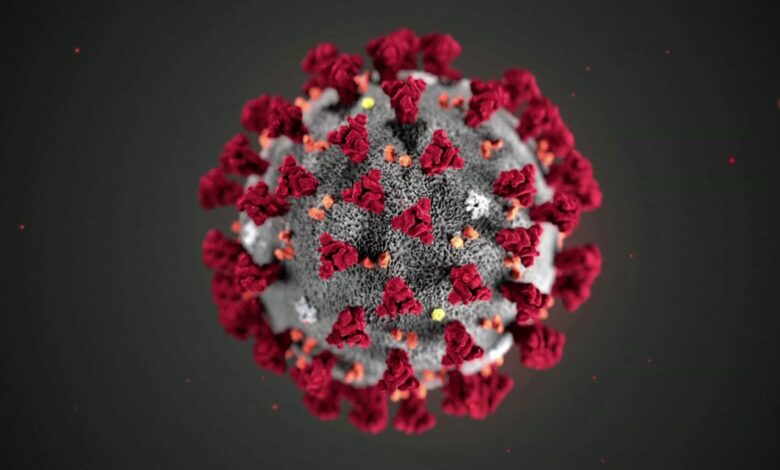
CNN – US President Joe Biden said he believes the Covid-19 pandemic is “over,” even as the country continues to see around 400 deaths a day. In a Sunday interview on CBS’ “60 minutes,” the President acknowledged the US still has a “problem” with the virus – which has killed more than 1 million Americans – but said that, to his mind, “the pandemic is over.”
The message prompted White House officials to quickly clarify that Biden’s comments did not entail a change of strategy: The US government still designates Covid-19 a Public Health Emergency, although the US Centers for Disease Control and Prevention (CDC) loosened its guidance last month to allow people to get back to most forms of normalcy.
But older people, the immunocompromised, people with certain disabilities or underlying health conditions remain at higher risk for serious illness and may still need to take more precautions.
Biden’s remarks have already received some political blowback. They come just two weeks after his administration launched a campaign urging Americans to get booster shots and renewed efforts to convince Congress to spend another $22.4 billion on Covid mitigation efforts. However, Republican leaders told CNN they would be less willing to provide funds toward a pandemic that is now “over.”
While some have interpreted Biden’s comments as a cynical intervention ahead of the upcoming US midterm elections, it follows a trend of other optimistic comments from global health leaders. Tedros Adhanom Ghebreyesus, director-general of the World Health Organization, suggested last week that the end of the pandemic “is in sight,” noting that the number of weekly reported deaths was the lowest since March 2020. “We have never been in a better position to end the pandemic,” he said.
But what does “end the pandemic” mean? Pandemics are not like sports matches – they don’t start and end with a referee’s whistle. The WHO does, however, have a formal way of determining the start and end of a pandemic: An 18-member committee of experts makes the decision, as it has done before with influenza, polio, and other diseases. Still, it’s easier to say when a pandemic starts than when it ends, according to Caroline Buckee, an infectious disease epidemiologist at the Harvard School of Public Health. “There’s not going to be a scientific threshold. There’s going to be an opinion-based consensus,” Buckee told the online journal Science.
Meanwhile, China continues to pursue its zero-Covid strategy, a policy that came under severe scrutiny again this week, after a bus transporting residents to a Covid quarantine facility crashed on Sunday, killing at least 27 people. Authorities said the bus was carrying 47 people from Guiyang, the capital of Guizhou province, to a remote county more than 150 miles away. It overturned on a mountainous stretch of highway at around 2:40 a.m.
Shortly afterwards, a photo widely circulated on social media showed the bus driving at night, with the driver wearing a full hazmat suit with only his eyes uncovered. Another photo showed the crushed truck being sprayed with disinfectant by a hazmat suited worker. According to government data, only two people have died of the virus in the province since the pandemic began, raising further questions about China’s uncompromising policy.
And while China and the US continue to take radically different approaches to the pandemic, a report by the Lancet Covid-19 Commission condemned the world’s response to the disease, calling the death toll – which the WHO says is more than 6.4 million – “both a profound tragedy and a massive global failure at multiple levels.” They cited poor government preparation, poor global collaboration, and the influence of disinformation on citizens who resisted public health precautions.




